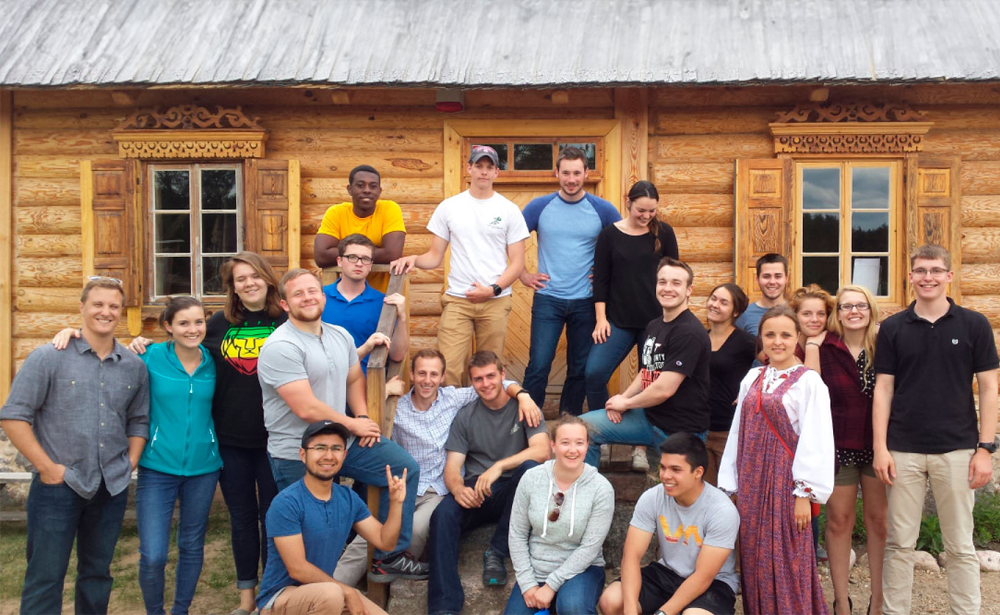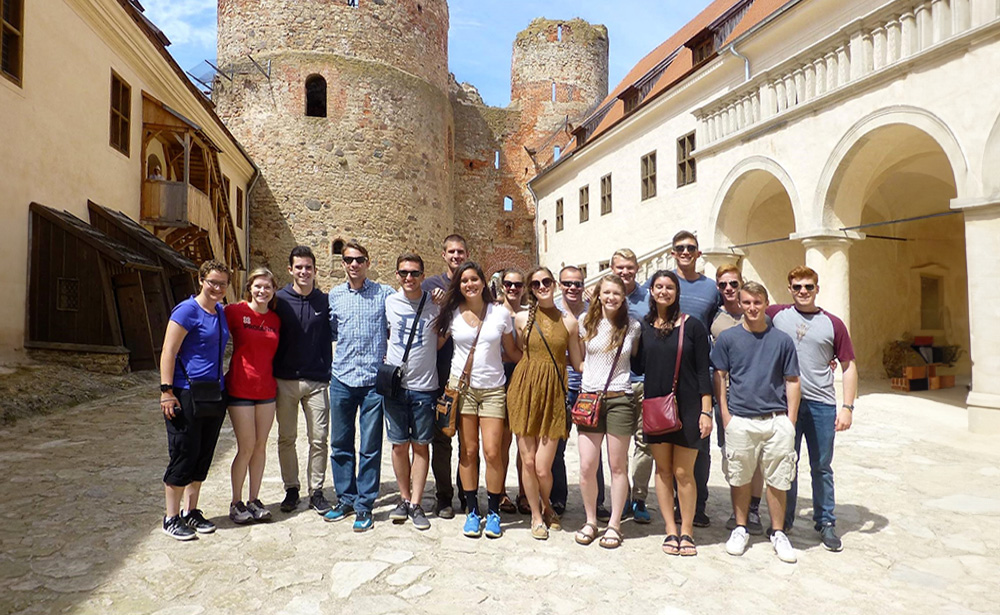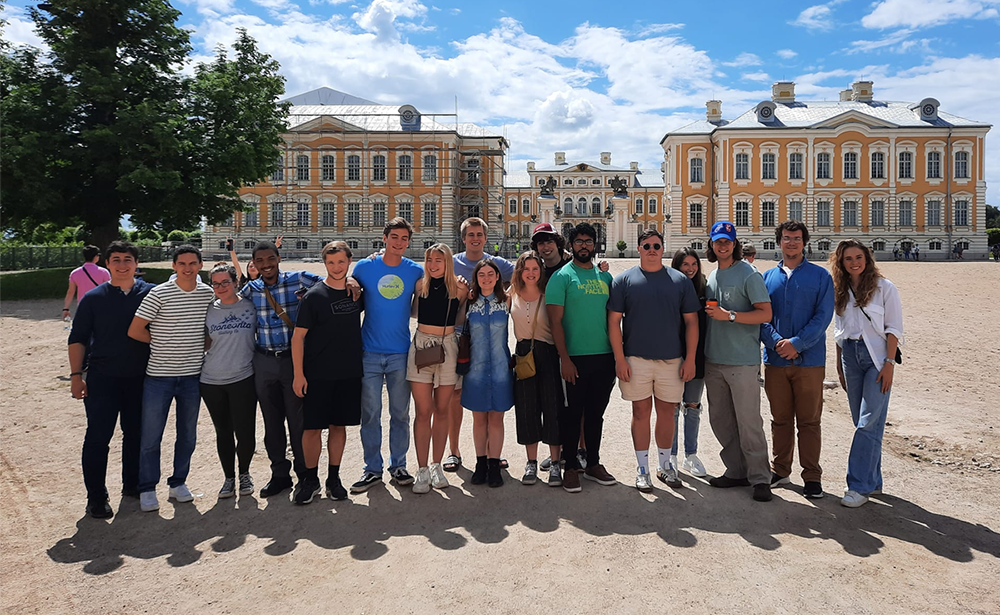What is Philology?

Philology is a humanitarian subject which emerged in the period of the Renaissance establishment, and it studies the history of languages and literature. The word “philology” is originated from the Greek word “φίλος (phílos) that means “love”, andλόγος (lógos) that means “language”.
Apart from the historic development of languages, philology also studies their structure, interrelations, as well as their influence on the culture of people. Philology includes a number of independent sciences, e.g. literature studies, ethnography, folklore studies, and linguistics. Let’s have a closer look at a philologist’s profession.
Who are philologists and what do they do?
A philologist is a specialist who studies different languages, their structure, and history. A philologist also deals with the analysis of texts and other literary works. Philologists have a vast sphere of activity.

Every philologist has to have a complete command of a few languages. It should be mentioned that philologists are not only creative people, but they are also good journalists, successful translators and interpreters, writers, critics, editors, and script writers. Nowadays, a philologist’s profession is extremely diverse.
What does philologist’s job involve?
- To carry out research
A philologist’s job involves studying texts and other works written in different times. A philologist determines various changes in words and the language, as many words have changed their meanings in course of time.
- To collect folklore information
Philologists have to travel a lot, in order to collect the information in the places where they can find the initial form of the language.
- To prepare the material for publication
Philologists always carry out the in-depth analysis of the information they obtained.
- Teaching activity
Most frequently philologists work as teachers of languages or literature. Their skills of delivering information to other people as well as their ability to make people interested in what they say are irreplaceable.
- Editing
Education in the area of philology is one of the advantages of any editor, as it ensures a high level of literacy.
- Compiling dictionaries
- Translations
Qualities every philologist has to possess
Undoubtedly, a philologist’s profession is not suitable for everyone, because such a specialist must have many qualities, such as diligence and love to read, as the work of this specialist involves a long reading, then correction, translation and editing of various texts in any language. A philologist also has to be extremely attentive so not to miss any tiny detail.
In addition, a philologist has to be a good public speaker, as the majority of philologists work as teachers, and this skill is essential for them.
Prospects of this profession:
- To be a philologist is to have a large number of opportunities which will let you find your place in various spheres of activity.
- Being in demand. Philologists have a perfect command of languages; therefore they can occupy any post.
- Knowledge of foreign languages helps find a job abroad.

A philologist’s job is a hard work that requires diligence, rich imaginations, communicative skills, and literacy skills.
You may be interested
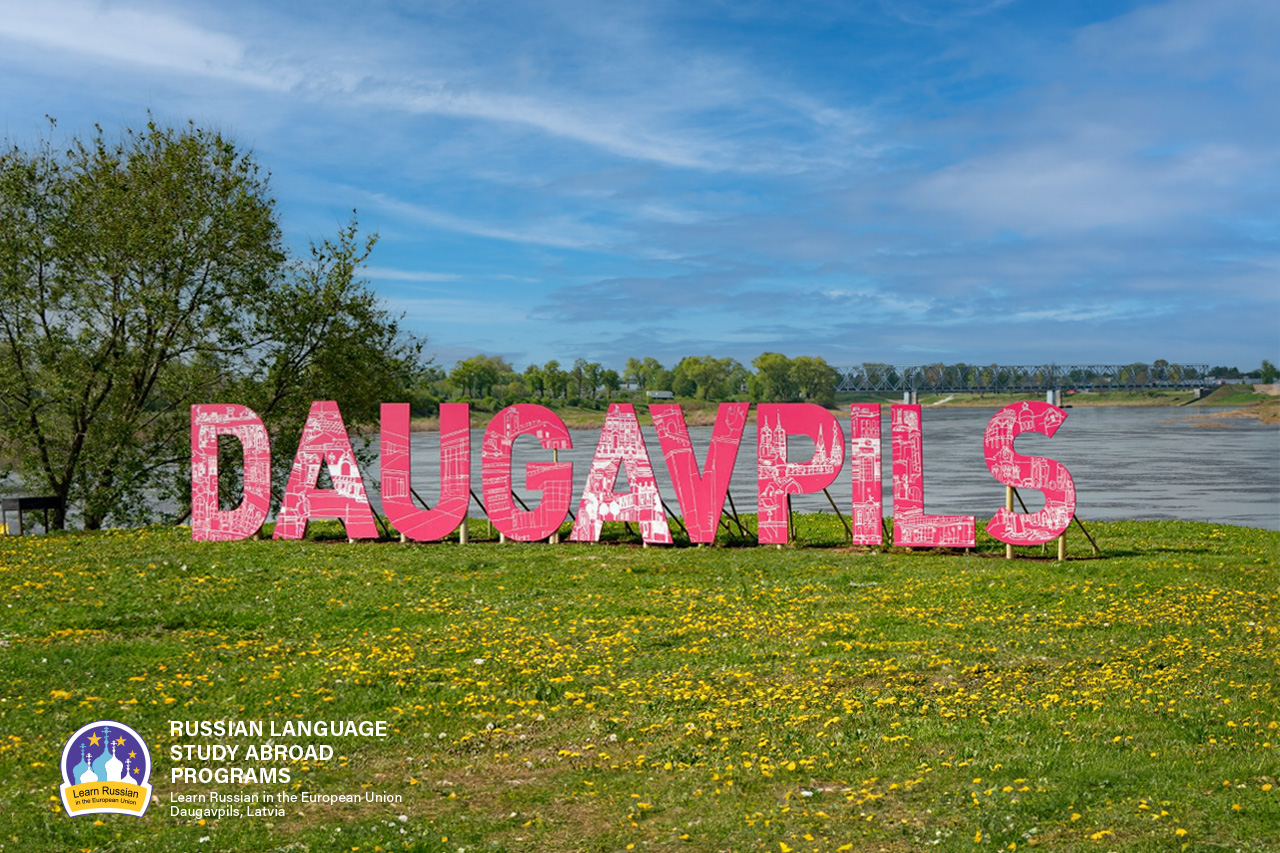
Why do people speak Russian in Daugavpils?
As it seems to us, Daugavpils is the best place to learn Russian now, because our city is situated in the EU and NATO, but at the same time 90% of the city’s population speak Russian at home.
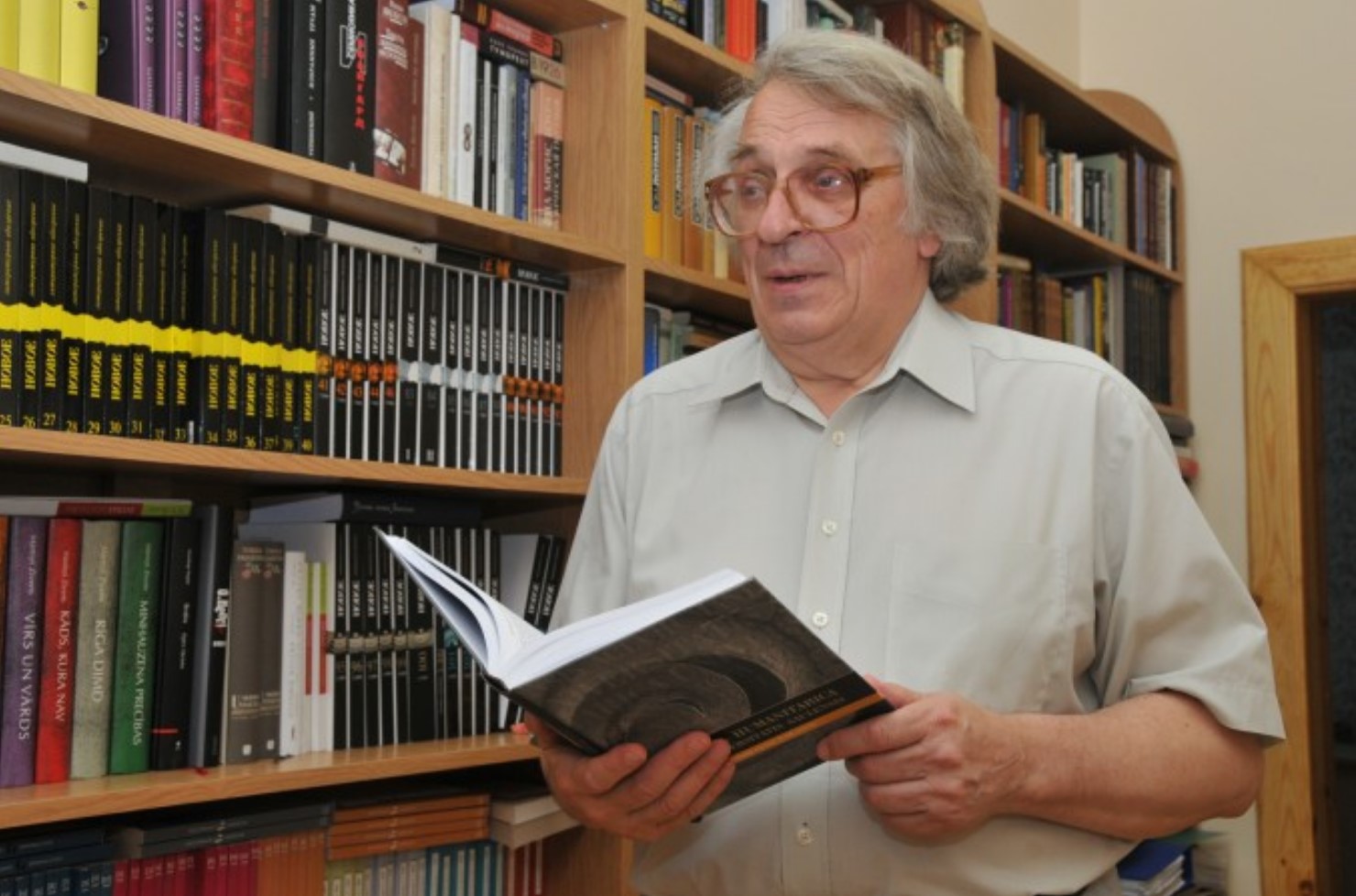
ЭТЮД О ДВИНСКЕ
Etude on Dvinsk by F.Fedorov
The Baltic region is one of the most catastrophe prone regions of the 2nd millennium, especially its second part; it is the centre of attraction of ‘geopolitical’ interests of the European world. Probably the most tragic fate has befallen to the eastern part of the present Latvia and its multi-titled town of Dinaburg – Dvinsk – Daugavpils. During its 730 years long history, the town went through five rather autonomous periods of development, five different lives (German, Polish, Russian, Latvian, Soviet), and at the beginning of the 1990s it entered into the 6th period.
The history of Dinaburg – Dvinsk – Daugavpils is the history of five attempts by the town to begin its life anew; and this is determined not only by the fact that the town was four times burned down and had to start life from scratch, but first and foremost because each of these periods was characterized by a total change of ethnos and the socio-cultural field.
The present article deals with the cultural space of the town in one of the most efficient periods of its development – from the 1860s till World War I.







